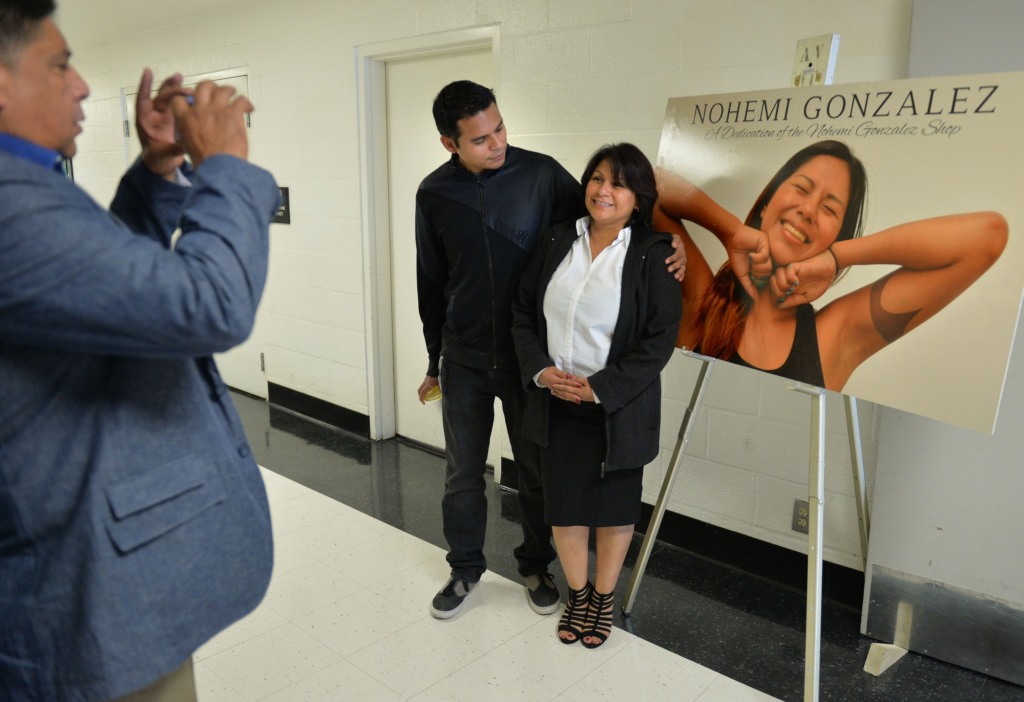The death of a Cal State Long Beach student, during the 2015 Paris terrorist attacks, is at the center of the Supreme Court’s first case about a federal law that shields Google, Twitter, Facebook and other companies from lawsuits over content posted on their sites.
The justices are hearing arguments Tuesday, Feb. 21, about whether the family of El Monte resident Nohemi Gonzalez can sue Google for helping extremists spread their message and attract new recruits.
The case is the court’s first look at Section 230 of the Communications Decency Act, adopted early in the internet age, in 1996, to protect companies from being sued over information their users post online. The law is credited with helping create the modern internet
Lower courts have broadly interpreted the law to protect the industry, which the companies and their allies say has fueled the meteoric growth of the internet and encouraged the removal of harmful content.
But critics argue that the companies have not done nearly enough and that the law should not block lawsuits over the recommendations, generated by computer algorithms, that point viewers to more material that interests them and keeps them online longer.

“Whether Section 230 applies to these algorithm-generated recommendations is of enormous practical importance,” the family argued in an appeal. “Interactive computer services constantly direct such recommendations, in one form or another, at virtually every adult and child in the United States who uses social media.”
Any narrowing of their immunity could have dramatic consequences that could affect every corner of the internet because websites use algorithms to sort and filter a mountain of data.
“Recommendation algorithms are what make it possible to find the needles in humanity’s largest haystack,” Google’s lawyers wrote in their main Supreme Court brief.
In response, the lawyers for the victim’s family questioned the prediction of dire consequences.
“There…
Read the full article here







